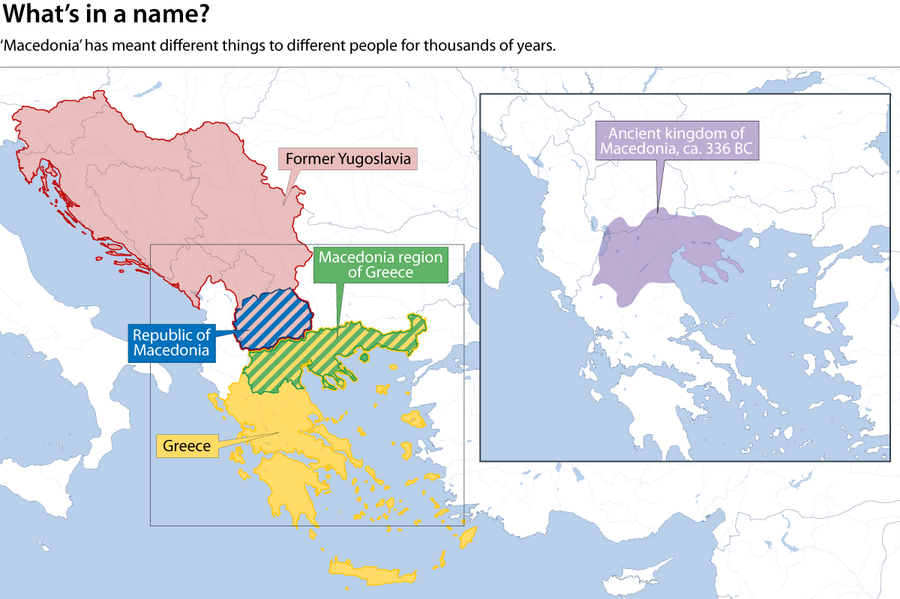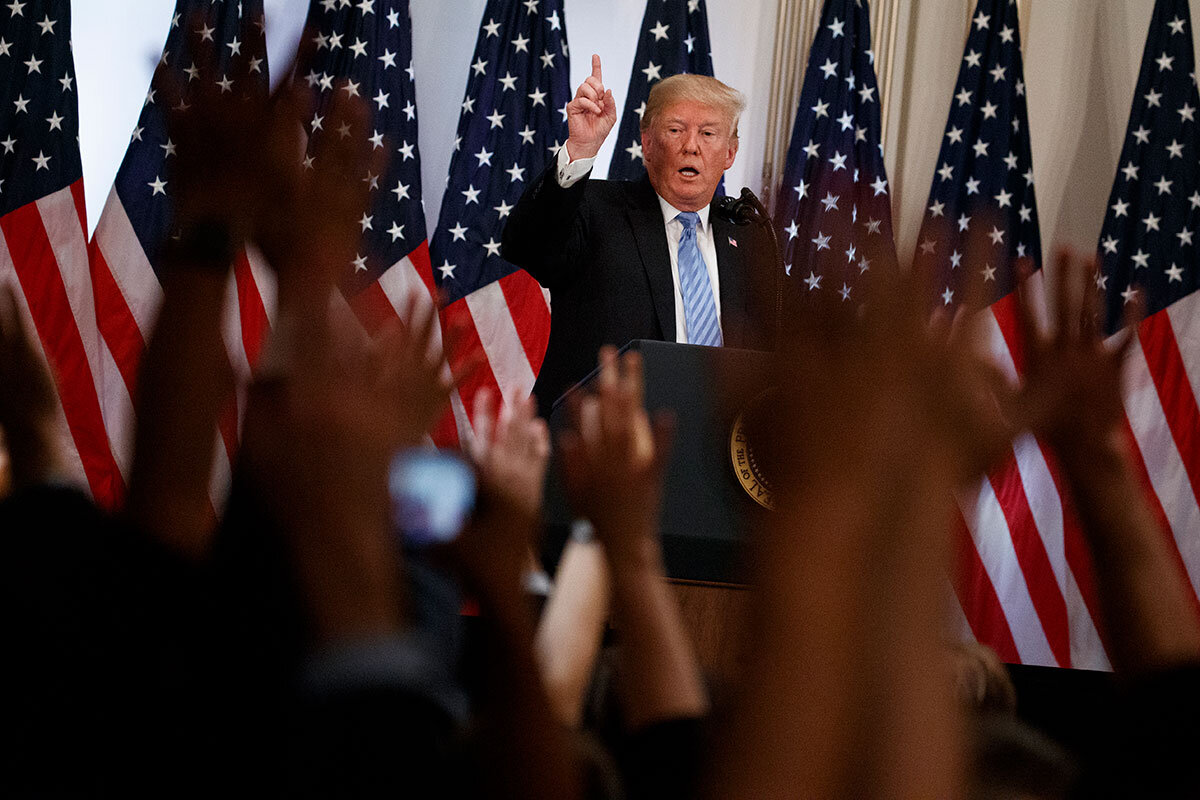Will President Trump’s “America First’ make America last in the world of trade? Hardly. But this week we began to see how other nations are adjusting relationships with each other, with ties to the US stressed.
Monitor Daily Podcast
- Follow us:
 Clayton Collins
Clayton Collins
They do a lot of thinking over at Harvard. Now they’re being nudged to speed up some rethinking.
A Harvard MBA has always meant a lot. Graduates of that program have disproportionately shaped American (and global) business practices. Its legendary approach to teaching is a “case method” that plunks students into decisionmaking roles that reflect key moments in corporate reality. The method has rippled out to other institutions.
But a new academic paper – explicated in worthwhile detail this week – points out that the method was later revisited by the economist who popularized it in the 1920s. In retrospect he found it far too limited in its response to social and market trends.
Over the years critics have strongly agreed, maintaining that the approach the business school took was insufficiently holistic, that it exalted leaders at the expense of workers, and that it arguably slowed progress toward sustainability and social responsibility.
Those are areas where two-thirds of Americans today and where there’s a raging need. (Google execs, for example, stood before a Senate committee just this week to own up to .)����
So will the wellspring of standard corporate methods pump out more attuned curricula? HBS, in responding to Quartz, hat-tipped the authors of the paper and seemed to acknowledge a will to evolve. “[The authors] … bring to light the thoughtful debate that shaped the evolution of the case method at HBS,” the school said in an emailed statement. “That debate continues today at HBS as we work through the future of the case method … and the creation of complementary methods….”
For updates on the Kavanaugh story, go to CSMonitor.com. Now to our five stories for your Friday.











